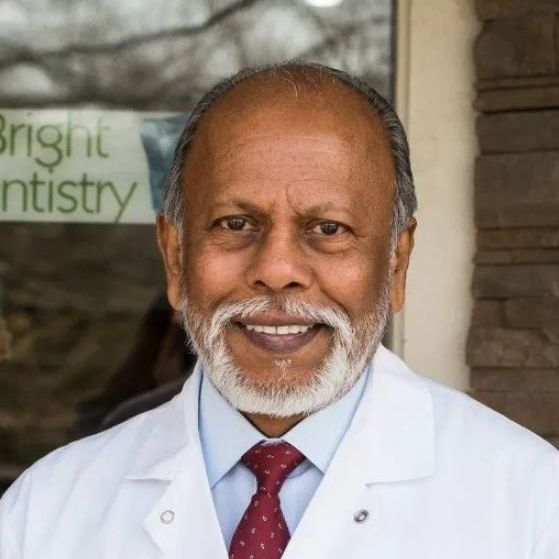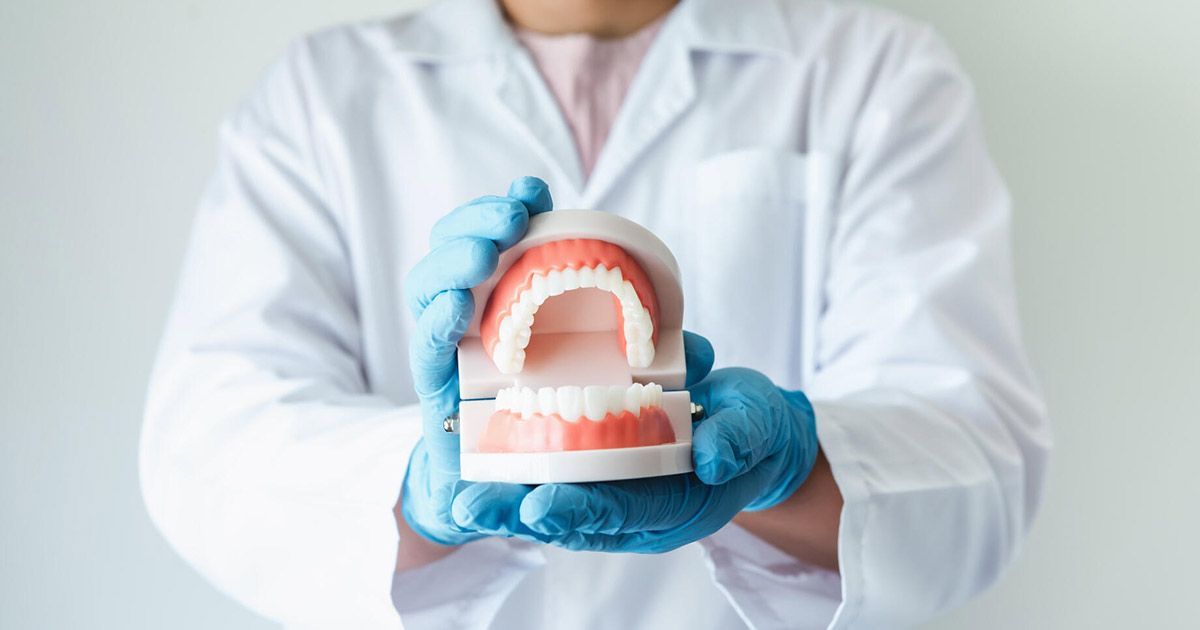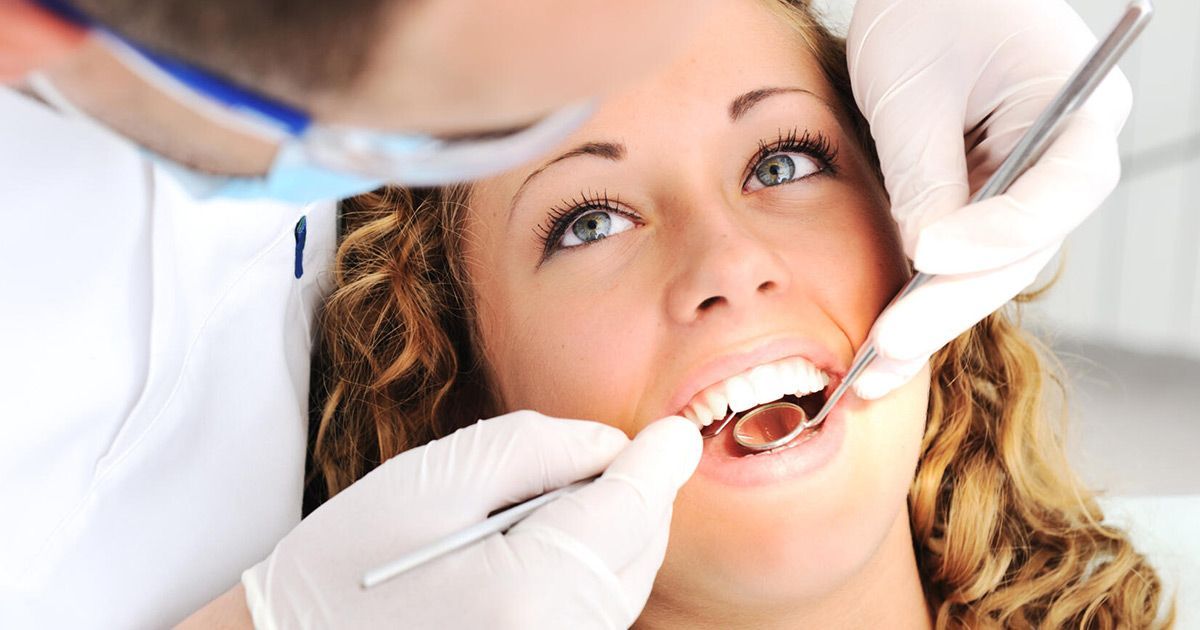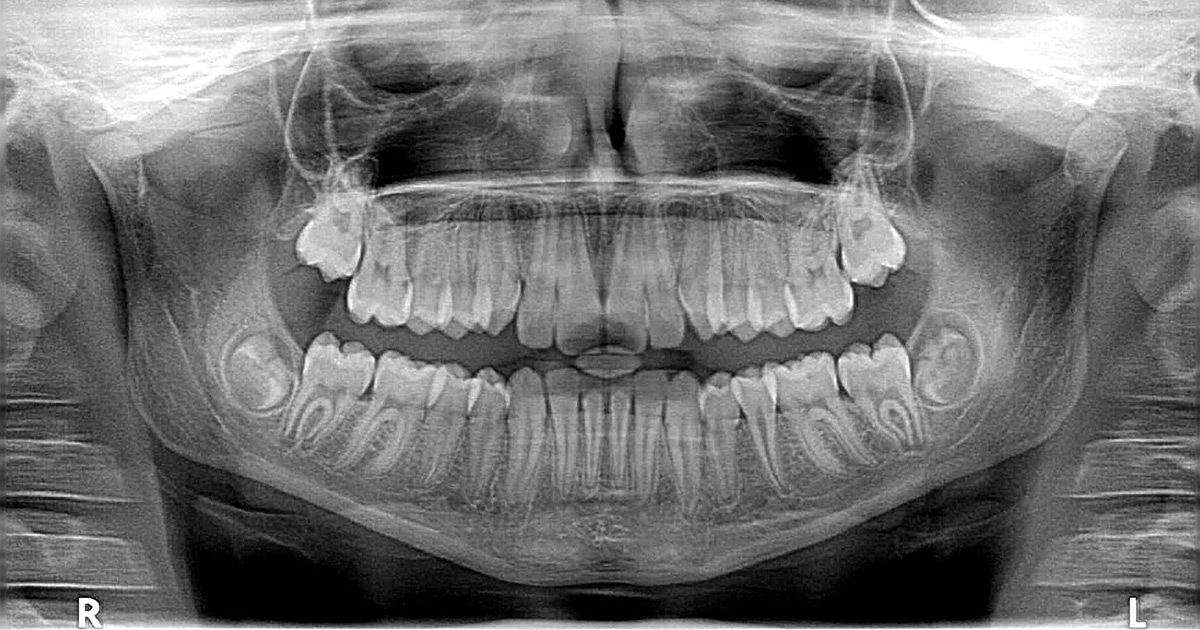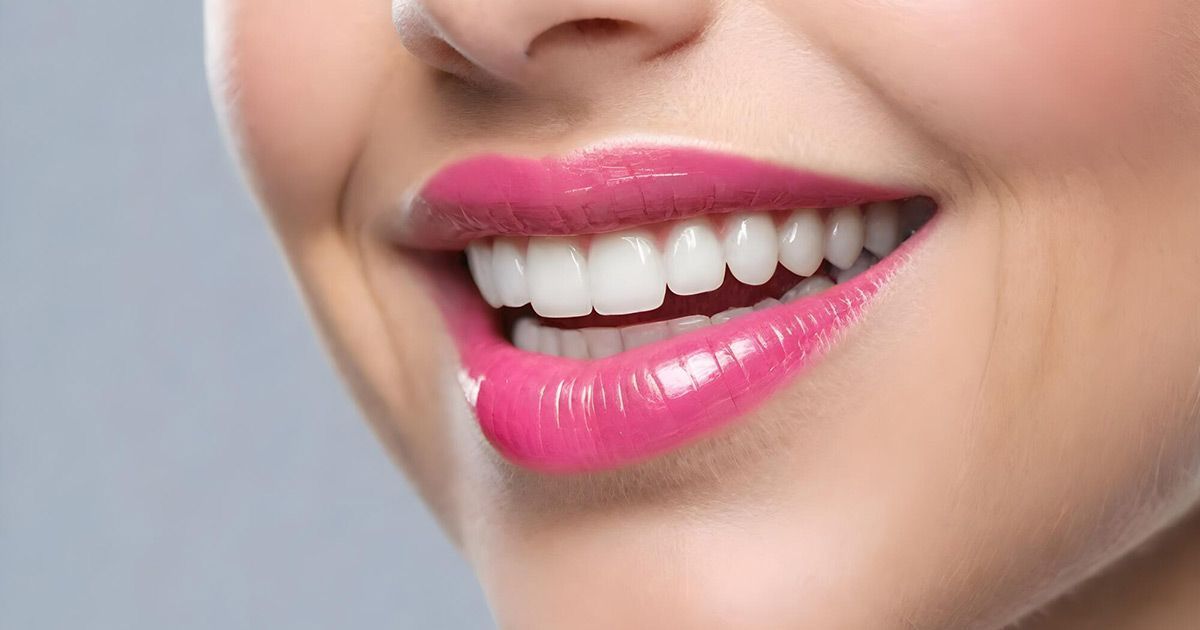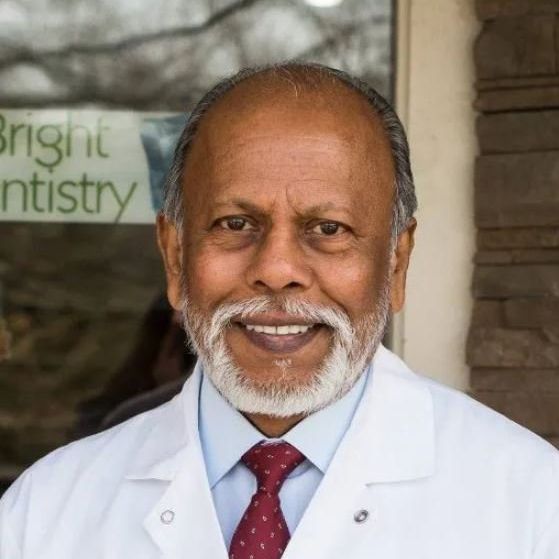How to Avoid Root Canal Treatment: 9 Tips for Patients
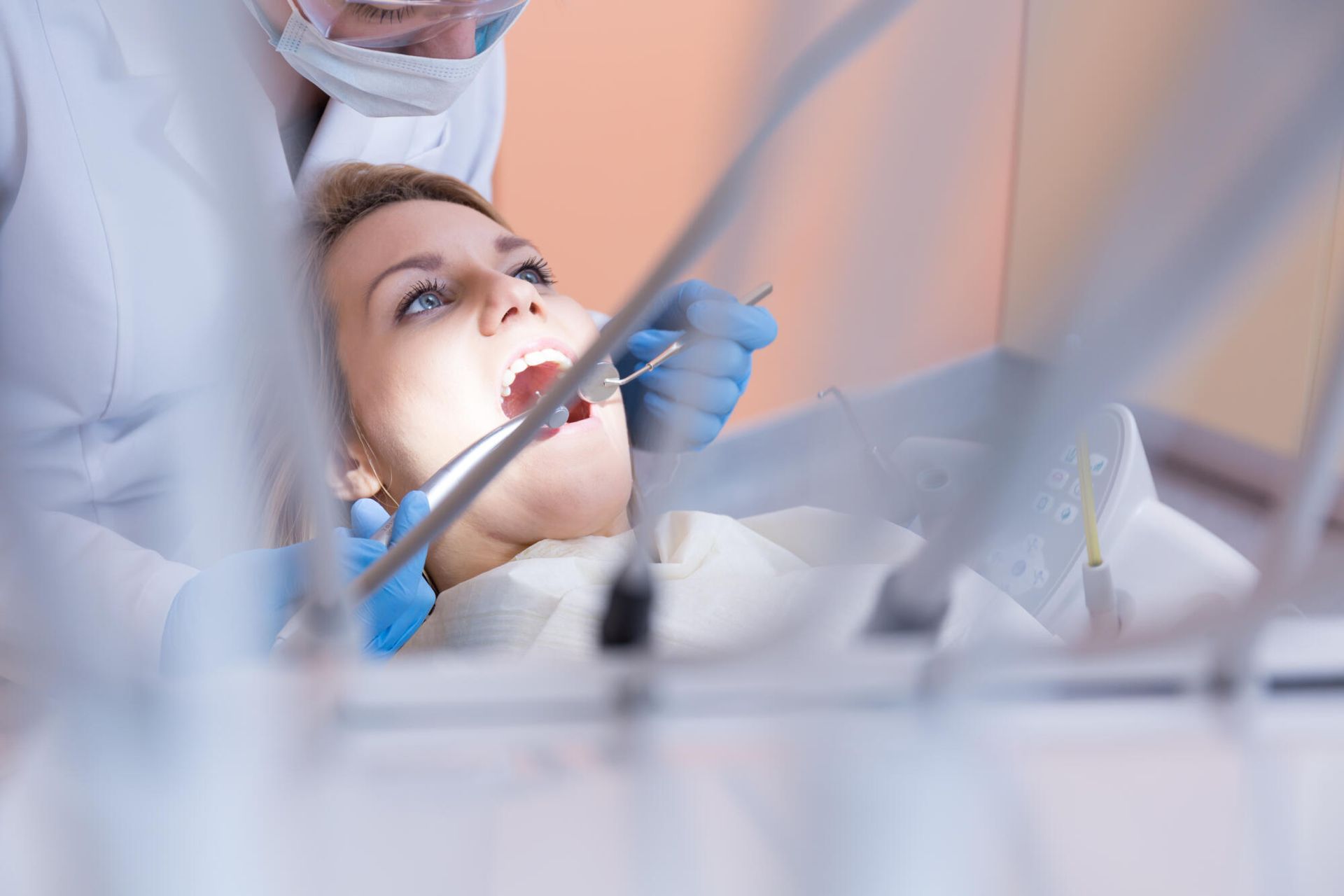
Maintaining good dental health is very important. One common goal is to avoid having to get root canal treatment.
A root canal is a procedure to treat a badly damaged or infected tooth. It can be painful and costly. Luckily, there are ways to take care of your teeth to prevent this.
Here are 9 key tips on how to avoid root canal treatment and help you keep your teeth healthy.
Read on to learn more.
What Is a Root Canal?
Root canal dental work stands as a pivotal dental procedure designed to alleviate pain and preserve teeth plagued by infection or severe decay.
This treatment focuses on the removal of the infected or inflamed pulp, followed by cleaning, disinfecting, and sealing the inside of the tooth. The aim is to restore and protect the tooth from future microbial invasion.
Root canal therapy is often necessary when a toothache becomes unbearable, indicating advanced infection. After the procedure, many patients experience immediate relief from pain.
The success rate of root canal treatments is high, ensuring long-term tooth preservation. Regular dental check-ups post-treatment can further extend the life of the restored tooth.
How to Avoid Root Canal
When it comes to a root canal procedure, as well as most dental issues, prevention is better than cure. If you're wondering how to avoid a root canal, follow these helpful pointers:
1. Prioritize Regular Dental Check-ups
Visiting the dentist regularly is the best way to catch dental problems early. When you go for check-ups, your dentist can spot small issues before they get bigger.
This can stop them from turning into something that needs a root canal. It's like having a safety net for your teeth. Make sure to see your dentist at least twice a year. They can clean your teeth, check for cavities, and offer advice on how to keep your teeth strong.
2. Adopt a Thorough Dental Maintenance Routine
Taking care of your teeth every day is the foundation of good dental health. Brushing your teeth twice a day, flossing daily, and using mouthwash can prevent tooth decay and gum disease. This routine gets rid of the bacteria and food bits that can harm your teeth.
It's important to use a fluoride toothpaste and a soft-bristled toothbrush. Be gentle to avoid harming your gums. Flossing gets rid of bits of food and plaque your toothbrush can't reach. Adding mouthwash to your routine can kill bacteria and freshen your breath.
3. Choose Your Diet Wisely
What you eat affects your teeth. Foods high in sugar and acid can hurt your teeth over time. Eating a balanced diet with lots of fruits, vegetables, and water is good for your teeth.
These foods help keep your mouth healthy and lower the chance of needing a root canal. Try to limit snacks between meals and choose healthier options when you can.
4. Wear Protective Gear During Sports
Playing sports is great for your health, but it can be risky for your teeth. A hard hit to the mouth can break or damage your teeth.
Wearing a mouthguard is an easy way to protect your teeth during sports. It's a small step that can prevent big dental problems later.
5. Avoid Using Teeth as Tools
It might be tempting to use your teeth to open a package or a bottle, but this can be very harmful. This kind of use can chip or crack your teeth.
These damages can let bacteria get inside your teeth and cause infections. It's better to take a moment to find scissors or a bottle opener than risk damaging your teeth.
6. Stop Harmful Dental Habits
Some habits, like nail-biting, pencil-chewing, and teeth-grinding, can hurt your teeth. These habits can lead to chips, cracks, and other damage that might need a root canal to fix.
If you have these habits, try to stop them. There are tools and strategies to help you break these habits and protect your teeth.
7. Stay Hydrated
Drinking water is good for your whole body, including your teeth. Water helps wash away food and bacteria from your teeth and gums. It also helps keep your mouth moist.
A dry mouth can increase the risk of tooth decay and gum disease. Try to drink water throughout the day, especially after meals.
8. Embrace a Low-Sugar Lifestyle
Reducing your sugar intake is crucial for dental health. Sugary foods and beverages are a primary cause of tooth decay, as they feed the bacteria in your mouth.
These bacteria produce acids that erode tooth enamel, leading to cavities. By embracing a diet low in sugar, you not only improve your overall health but also significantly reduce the risk of dental problems.
This involves choosing natural, unprocessed foods over those that are high in added sugars and being mindful of hidden sugars in products like salad dressings, sauces, and packaged foods.
9. Mindfulness in Oral Health Practices
Being mindful of your oral health practices involves more than just brushing and flossing regularly; it's about being aware of how your daily habits impact your dental health.
This includes paying attention to the way you brush. Make sure you're not brushing too hard or too quickly and using the right technique to clean all surfaces of your teeth effectively.
Opting for Root Canal Therapy
Despite common misconceptions, getting a root canal is relatively painless, thanks to advancements in dental technology and anesthesia. The procedure's reputation for discomfort is outdated, with many patients reporting minimal to no pain during dental treatments.
Choosing a root canal treatment offers numerous advantages. Primarily, it effectively relieves pain caused by the infection, allowing patients to enjoy their daily activities without discomfort.
Understanding and Avoiding a Root Canal Procedure
By learning how to avoid root canal, you can help keep your teeth healthy. When it comes to dental health, it's all about taking small steps every day to care for your teeth.
Prevention is the key to avoiding serious dental problems. Be consistent, keep good practices, and you'll enjoy the smile you serve for years to come, free from painful and unnecessary dental procedures.
If you require a root canal or any other dental services, we can help. Our friendly dedicated team is on hand to help you achieve better dental health now. Contact us today.
Dr. Rohit Z Patel
D.D.S
After graduating at the top of his class, Dr. Patel continued his postgraduate studies in endodontics at Columbia University College of Dental Medicine in New York. He was appointed to assistant clinical professor of dentistry at Columbia University and later moved on to teach at the Montefiore Medical Center’s Department of Dentistry. Westchester Magazine recognized Dr. Patel as a “Top Dentist for 2012.”
Dr. Arpita Patel
D.D.S
Dr. Arpita S. Patel graduated with a DDS degree from the university College of Dentistry in 2015. Dr. Patel is experienced with an array of restorative dentistry procedures, including dental implants and many other treatments that can improve dental health, function, and appearance.
Dr. Yung Kim
D.D.S
Dr. Yung Kim is a double board certified Periodontist and board certified Prosthodontist, educated to treat many extremely complex disorders involving gum disease, tooth decay, and oral pathology. His focus is on full-mouth, complex, surgical, and reconstructive dentistry. He has extensive knowledge of implant dentistry and advanced surgical procedures, specializing in teeth in a day and All-on-Four implants. He is also Invisalign certified and experienced with CAD/CAM restorations and dentures.
Dr. Santvana Vyas
D.D.S
Dr Vyas attended NYU College of Dentistry and earned DDS in 2016 at the top of her class. She was inducted into Omicron Kappa Upsilon (OKU), the national dental honor society and earned Outstanding Achievement Award in study of Prosthodontics.
Dr Vyas is an active member of American College of Prosthodontics (ACP) and American Dental Association (ADA). She is appointed as a Clinical Assistant Professor at NYU College of Dentistry. She is married and is blessed with two sons.


